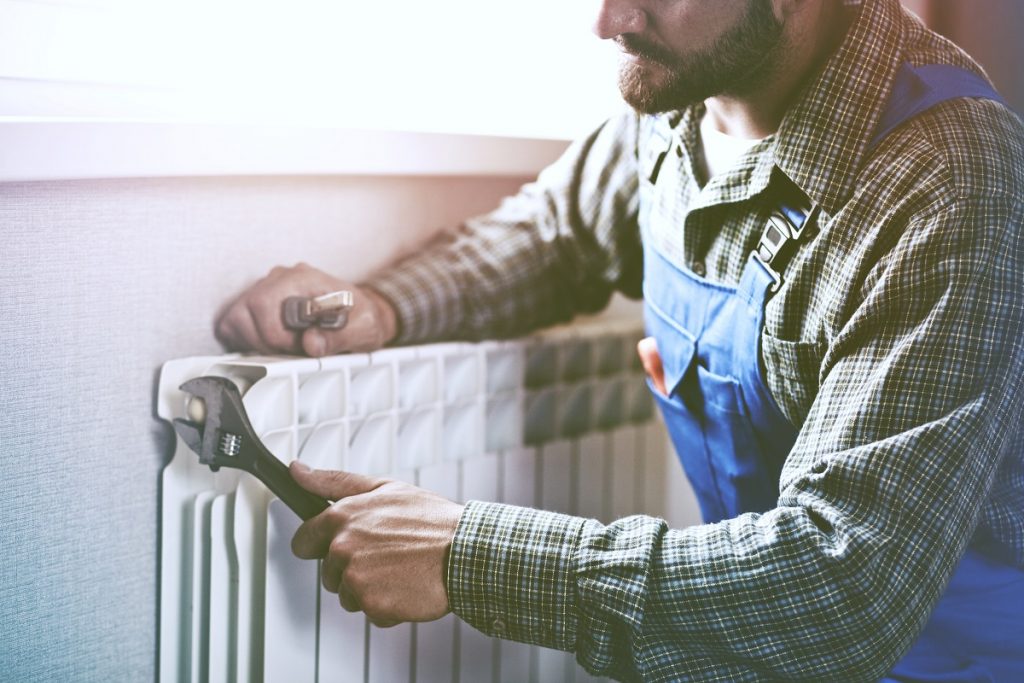- Regular maintenance of smoke detectors helps early detection and prevention of home fires.
- Mitigate electrical hazards by avoiding overloaded outlets, replacing damaged cords, and using surge protectors.
- Regular cleaning of dryer vents can significantly reduce the chances of lint fire.
- Observing caution while cooking, such as staying in the kitchen during cooking, can prevent kitchen fires.
- Possessing a fire extinguisher and knowing how to use it can help quickly control small fires.
As a homeowner, prioritizing your home’s safety is essential. A home fire is one of the most devastating things that could happen to anyone. It is dangerous to human life and property and could also cause severe psychological trauma. While not every fire is avoidable, there are simple steps you could take to minimize the risks of a home fire. This article will share some tips on how to prevent home fires.
Maintain your smoke detectors:
A working smoke detector in your home is one of the easiest and most effective ways to prevent fires. Ensure you have smoke detectors installed in the right places, such as outside the bedroom and kitchen. Test them regularly and replace the batteries at least once a year.
You should also check the expiration date on the device and replace it when necessary. The usual lifespan of a smoke detector is between eight and ten years. However, some devices may have shorter or longer lifespans, so always refer to the manufacturer’s instructions.
Prevent electrical hazards:
Faulty electrical wiring and damaged electrical cords are significant causes of household fires. Many fires have started due to overloaded outlets or incorrectly wired systems. To prevent such hazards, consider the following tips:

Don’t overload the outlets
You should never overload an outlet, as this increases the risk of potential fire hazards. Avoid using extension cords and plugging too many electronics into a single outlet. Try to limit the number of devices plugged into each one.
Replace frayed or damaged cords
It’s important to check your electrical cords regularly for any signs of wear and tear, such as fraying or cracking. If you notice any damage, replace the cord immediately. These cords can often be a fire hazard and must be replaced as soon as possible.
Install an electrical box
Installing an electrical box can help to ensure your home is wired properly. This component securely holds the electrical wires together and prevents them from becoming loose or short-circuiting. Professional electrical box installation is recommended if you’re unsure how to do this yourself.
Use surge protectors
Surge protectors are essential for protecting your electronics from power surges, which can damage the device and increase the fire risk. Invest in a good-quality surge protector to help reduce this risk.
Regularly clean your dryer vents:
Clothes dryers can quickly gather lint in their vents and can be a fire hazard. Make sure to clean the dryer vents regularly to prevent fires. To do this, unplug the dryer and remove the vent cover on the back. Then, use a vacuum cleaner to clean out all of the lint that has built up in the vent.
Also, never dry anything that has been soaked with any flammable substances or chemicals. This could create a dangerous situation where a fire can quickly start.

Be cautious when cooking:
Cooking is one of the leading causes of home fires. Always stay in the kitchen during cooking and turn off any appliances when finished. Keep pot handles turned away from the reach of children, and don’t leave any flammable objects near heat sources. It’s also a good idea to invest in some fire-resistant oven mitts and aprons, as these can help protect you from any splashing or flying sparks.
Have a fire extinguisher:
Even with the best preventative methods, accidents can still happen. Every home should have at least one fire extinguisher accessible in case of emergency. Purchase one for every floor of your home and learn how to use it effectively. You should also consider taking a hands-on fire extinguisher training course to equip yourself with the necessary skills and knowledge. This can help you quickly and confidently put out small fires.
Fires can occur without notice and cause significant damage to your property and emotional trauma to your family. Taking simple and effective preventative measures is best to minimize your risk of home fires. As a homeowner, you should regularly maintain smoke detectors, clean dryer vents, be cautious while cooking, prevent electrical hazards, and have a fire extinguisher in case of an emergency. With these tips, you can increase the safety of your home and ensure that everyone living under your roof is safe.

